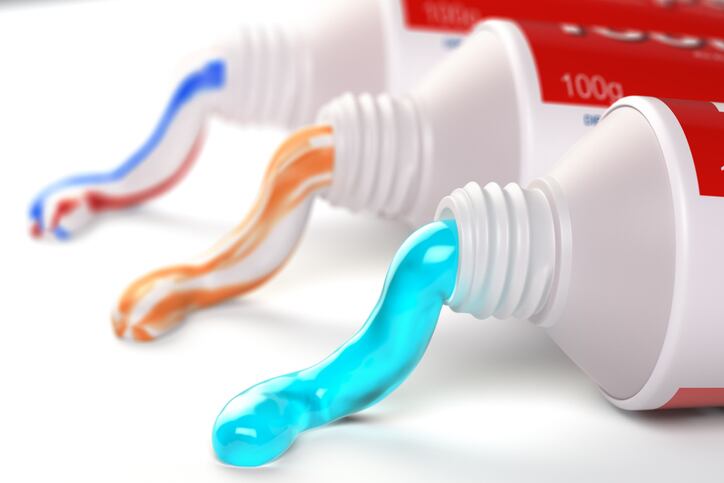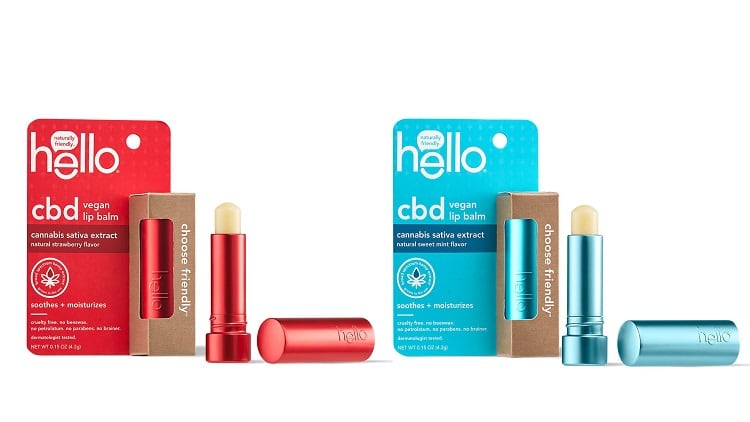Writing in its international patent, Colgate-Palmolive said its composition incorporated plant-based abrasives derived from tree bark, branches or trunks – more specifically from walnut trees – that could be used to whiten teeth. Incorporated in powder form, the personal care major said the abrasives could be used in a range of oral care whitening applications, both water-containing and non-aqueous, including toothpastes, tooth powders, polishes, gels and whitening strips, right through to mouthwashes, chewing gum, lozenges and even paint-on tooth varnishes and whitening pens.
Walnut whitening efficacy ‘more pronounced’
When applied for two minutes, twice a day for up to two weeks, Colgate-Palmolive said the whitening effects of walnut bark- or walnut branch-derived abrasives were impressive.
“The present inventors have surprisingly and unexpectedly discovered that whitening compositions including one or more of tree bark abrasives, tree branch abrasives, tree trunk abrasives, or the like, or mixtures or combinations thereof, exhibit relatively greater whitening efficacy than conventional whitening compositions including conventional abrasives,” it wrote in its international patent filing.
Test findings showed compositions that contained a blend of 10% walnut branch or trunk powder and 10% abrasive silica had a “more pronounced” whitening effect after seven to nine days of brushing twice a day, versus formulations only containing 20% conventional abrasive silica.
Colgate-Palmolive said the walnut-derived abrasives could be used alone or in blends, including alongside conventional silicas, whitening agents and other actives such as antioxidants or antimicrobials.
Concentration levels could also “vary widely”, it said, with inclusion rates of anything between 0-40% by weight but preferably closer to 20% of the total weight.
Walnut-based pastes to target natural demands
The personal care major said that, importantly, the invention responded to growing consumer demands in the oral care category.
“While conventional oral care products incorporating abrasives have proven to be effective for removing plaque and stains, and for increasing gloss and shine, increased concerns of consumers have resulted in increased interest in more natural and/or organic oral care products,” it said.
“What is needed, then, are improved oral care products including natural abrasives, and methods for the same.”
In January this year, Colgate-Palmolive launched its ‘Smile for Good’ vegan-certified toothpaste range, including one variant for protection and another for whitening – both of which contained hydrated silica. The tubes launched in the UK and EU, packaged in 100% recyclable plastic.
WIPO International Patent No. WO/2020/139329
Published on: July 2, 2020. Filed on: December 26, 2018.
Title: “Oral care compositions including plant-based abrasives and methods for the same”
Inventor: Colgate-Palmolive – S. Tang, L. Fei, S. Chopra and A. Agrawal



